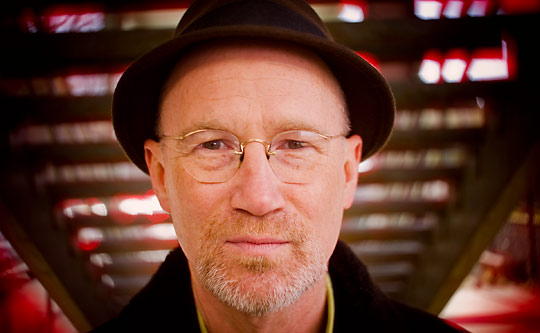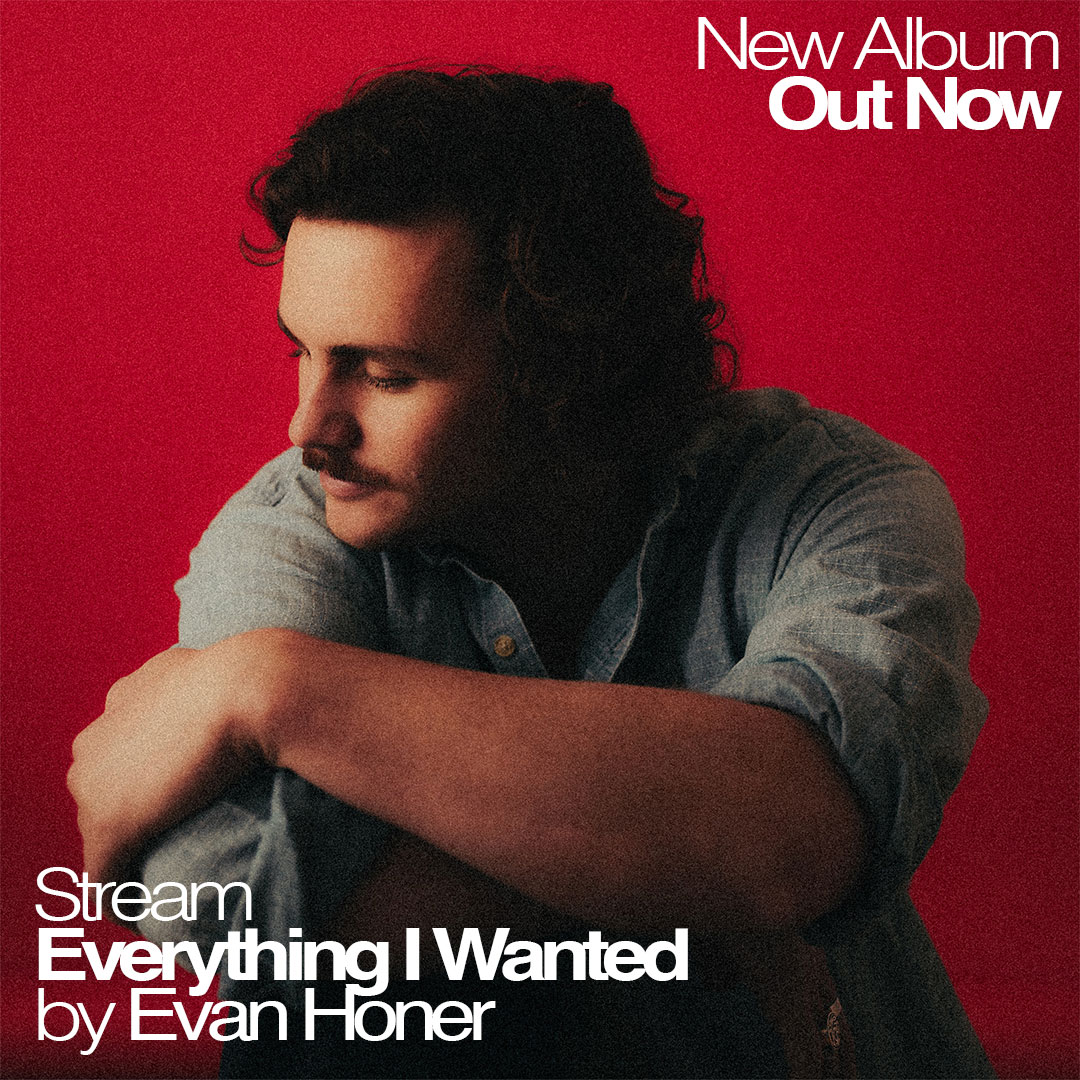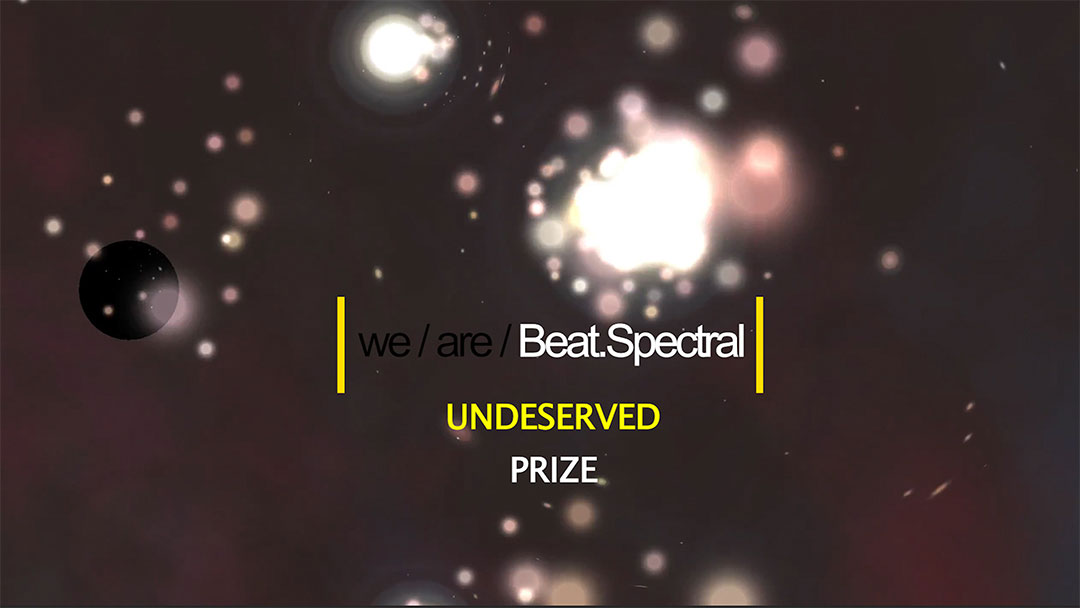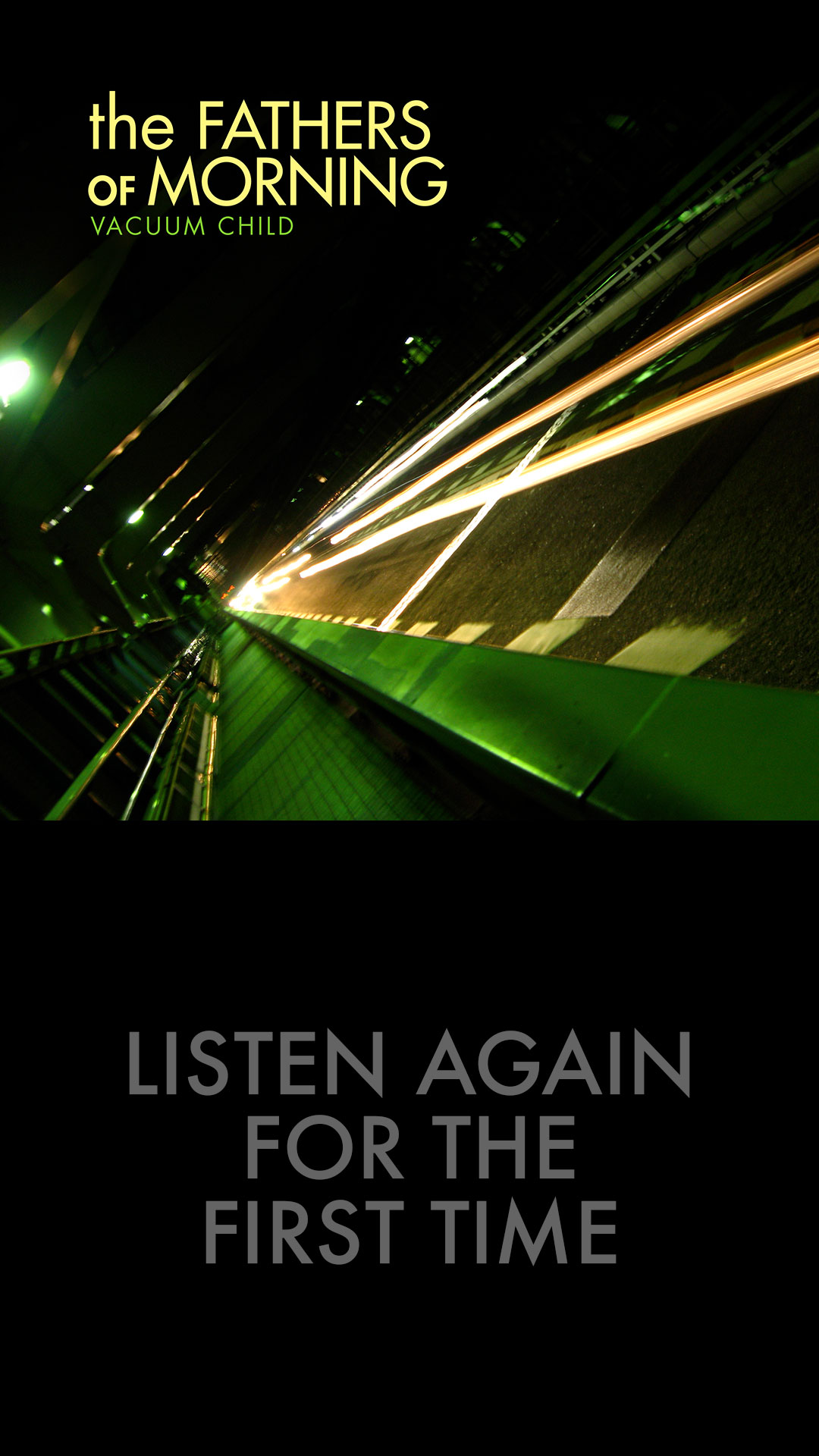
Because he’s written so many great tunes for other performers, some people might get the wrong idea about Marshall Crenshaw. He’s also a fine singer. No matter how many celebrity vocalists have tackled his stuff, nobody puts more into a Marshall Crenshaw song than the man himself. If you somehow have overlooked the music of this 55-year-old Detroit native, now living in upstate New York, you should immediately dive into the pond with the 2006 double-CD of his early stuff, Marshall Crenshaw: The Definitive Pop Collection (Rhino), then fast-forward to his new one, Jaggedland (429). Naturally, the voice sounds a little more lived-in almost 30 years later, but the songs are every bit as finely crafted. It would almost be worth spending the rest of your life as a fly, if you could be in on an all-night session with Crenshaw swapping ideas with Elvis Costello and Nick Lowe at some 24-hour urban greasy spoon. Crenshaw will be guest editing magnetmagazine.com all week.
MAGNET: You were a big Beatles fan as a youngster?Crenshaw: I was a big Beatles fan, but by the time they came along, I’d already heard rock ‘n’ roll music all my life. My dad and my older cousin were into it, so it was already the soundtrack of my childhood.
The British Invasion and the stuff that came right after made you feel like maybe you could make a record yourself.
I was talking to somebody about this last night. A few years ago, I got the DVDs of [the Beatles on] The Ed Sullivan Show, and I watch it now and try to figure it out. I mean, I still love the music and still dig the band, but they’re not really doing that much. They’re just kinda standing there, you know, playing these three-chord songs. But the whole world went completely crackers over them.
I’m a believer that in the aftermath of the Kennedy assassination, people desperately wanted something to latch on to, and they came along at just the right time.
That’s exactly right, because I felt that. When I got a look at their faces, it hit me immediately: They look like President Kennedy.
How about the Motown thing? Growing up in Detroit, you were in the right place for it.
Yeah. Before that, there were other local things that got lots of play. It’s hard to believe, but there was a time when the Detroit area was a cohesive community. Whenever there was anything local that was making some noise, people knew about it. There was a sense of booster-ism. I remember there was this guy named Jack Scott who lived two or three towns over from me, and he had a lot of hits (“What In The World’s Come Over You,” “My True Love”). Really big for a couple of years. There was a real sense of pride that my cousins and I had about that. They knew people who knew him. After him there was “Village Of Love” by Nolan Strong. There was pride in the local stuff.
How was it playing Buddy Holly in (1987’s) La Bamba
Oh, yeah, it sure was. It was the second movie I was in that year. We were in this one called Peggy Sue Got Married. We were almost like extras. Sure, La Bamba, it was a gas. I’ve been a Buddy Holly fan all my life. The joy still comes across in his music. It’s really got its own je ne sais quoi. It really stands apart from a lot of ’50s rock, because it conveys a sense of intimacy. I think it’s because it was made in this little building on the side of a highway late at night with this isolated group of people. [An audible hubbub follows with Crenshaw talking to somebody in another room.] Hey, sorry about that. My daughter tells me there’s a guy in the driveway who’s looking at the roof. We’ve been getting three or four times as much rain as we usually do in upstate New York. My studio is in the back part of the barn. The barn is maybe a hundred years old, and it’s reached the saturation point. My roof started leaking the other night. I was sitting at the computer, and I feel this drop of water on my arm. I just went into panic mode, unplugging everything. It was only a few drops of water, but it’s not good. We’re in this bowl of humidity.
I’ve always loved one of your early tunes, “Cynical Girl.” Did you know a girl who fit the role?
No, I had the music first. That’s how it always works. As far as the words go, I remember having to go to court to pay a traffic ticket, and the words kinda popped into my head all at once. The meat of the song is where it says, “I hate TV,” which is an oddball thing to say in a rock ‘n’ roll song. Whenever I get an idea like that, that’s almost too stupid to put in a song, I always put it in. The thing about the girl is really window-dressing. At that time, I despised about 60 percent of mass culture. Now, it’s up to about 90. And “cynical” maybe wasn’t the right word to use. Maybe I was talking about skepticism.
Well, it scanned OK, so you had to use it. Plus, of all the thousands of great girl songs I’ve heard, I’m sure none of them used the word “cynical.” I know you are a Ramones fan. I must have seen those guys 15 times, one of my all-time favorite bands.
Well, me, too. I was friendly with Joey. Every time we spoke, it was really great. He was a really sweet person. The Ramones did a song (on 1981’s Pleasant Dreams) called “It’s Not My Place (In The 9 To 5 World),” and Joey namechecks this DJ Vin Selsa and filmmaker Allan Arkush. I wanted to get hold of Allan, and I had Vin’s phone number—this is kinda stupid—so, I thought since they’re both mentioned in the Ramones song, maybe Vin knows Allan. [Laughs] So I call Vin, and he says, “I don’t know the guy. Why don’t you call Joey?” I talked to Joey for about 20 or 30 minutes. The only time we ever did anything performance-wise together was for a fund-raising marathon on the old WNEW-FM. We set up in the studio and took requests. Listeners could ask for any song, and we would play it. The Ramones had a song (on 1992’s Mondo Bizarro) called “Censorshit,” and somebody asked for it. Joey sang it, and it was just him and me. I was the only one in the room that knew the song.
Ronnie Spector cut some of your stuff. How did you make that connection?
She did a handful of my tunes, produced by Alan Betrock. My life kinda shifted when I first met Alan.
He produced your first single (“Something’s Gonna Happen” in 1981), didn’t he?
He did. He produced the record, he put it out, but the most important thing was he really believed in it, invested a lot of faith in it and promoted it in New York. It sort of clicked, but Alan was the guy who shoved the snowball down the hill. That was really monumental for me. So, a few years go by and he worked with Ronnie, and we were the backing musicians on some of those tracks. While we were doing it, I was kinda underwhelmed, frankly. But then a few years went by, they put the thing out and I just fell in love with it so hard. It took me a while to get it, but she really does a beautiful job on these tunes.
When I first heard your early stuff, I thought you were one of those artists on Stiff Records, a labelmate of Nick Lowe and Elvis Costello.
I felt a strong affinity for those people. I dug all that English stuff a whole lot. But I was the wrong nationality. Another record that really turned my head around at that time was by Dave Edmunds called Get It, with great songs like “I Need A Bride” and “Here Comes The Weekend.” Really high-quality rock ‘n’ roll songs. I toured with Dave Edmunds when my first album (1982’s Marshall Crenshaw) was new.
Tell me about writing songs for Robert Gordon.
That was another turning point. A couple of things converged for me in a critical-mass effect. The first was when Robert Gordon’s version of “Someday Someway” really blew up in New York and was on its way to being a national hit. Then right on top of that was my first single. Radio stations were playing both simultaneously. Back in the day, it was kinda hard for me to get to know him, because he was just really hyper all the time. I was a little nervous around him. I saw him about 10 years ago, and he was in good spirits. I told him, “Man, that was just huge what you did for me when you recorded those tunes.” And he just kinda says, “Oh, shut up,” in a friendly way, you know. It was a big deal. I hung out at the sessions. It was a huge door that opened and helped me to get somewhere in New York.
I know you’ve been tarred with the power-pop brush. When I interviewed Tommy Keene once, he told me it was like walking around with a bull’s-eye painted on his shirt. Everybody I’ve ever talked to about it has groaned when I mentioned it.
I guess that’s me. I let out a huge groan when I hear it. I don’t really like that kind of music. And it doesn’t work for me to be labeled that way. First of all, I can’t accept my stuff shoved into a sub-category. It doesn’t fit, and I don’t accept it. It minimizes my stuff, and that makes me nuts. It’s bullshit! I don’t go for that. Somebody in a review said I was “handy with a hook.” I just hate stuff like that. My stuff, I really dig deep for it. I put a lot into it emotionally.
I don’t know if this is the right thing to say right now, but my favorite track off Jaggedland is “Gasoline Baby,” a song with practically no lyrics, but plenty of visceral appeal. Did you ever hear that NRBQ tune, “Get That Gasoline Blues”? This is only the second gasoline song I can remember. Very timely.
[Laughs] I like “Gasoline Baby,” too. It really came off the top of my head. So few songs I can say that about. The process is really labor intensive and takes a lot of time. I didn’t really write “Gasoline Baby”; it was just in my head one day. When I recorded it, the first 20 or 30 times I played it back, I just laughed when I listened to it. It’s goofy, but it’s good, it says something. Just the stupidity of car culture and burning gasoline constantly. And I was driving when I thought of it. I remembered reading about all the defused automobiles in landfills.
Maybe future archaeologists will dig them up some day and think they were a mutant race of humans.
I thought to myself, “I’ve finally done something on the same level as ‘Surfin’ Bird’ (by the Trashmen): a good, stupid kind of rock ‘n’ roll song.
You wrote the title track to the (2007) John C. Reilly movie, Walk Hard: The Dewey Cox Story
That was a cool kinda side-trip for me. I was in the middle of writing the songs for my new record and just tearing my hair out over some of them. Just trying to have it all hang together and really struggling with some of the lyrics, which is the usual deal for me. And then along comes Walk Hard. I did two or three for the movie, but only one made it in. And I wrote each of those songs in about 20 minutes, tops. I read the script and started getting ideas real fast. And I thought, “Why can’t it always be this easy?”
—Jud Cost
“Right On Time” (download):













